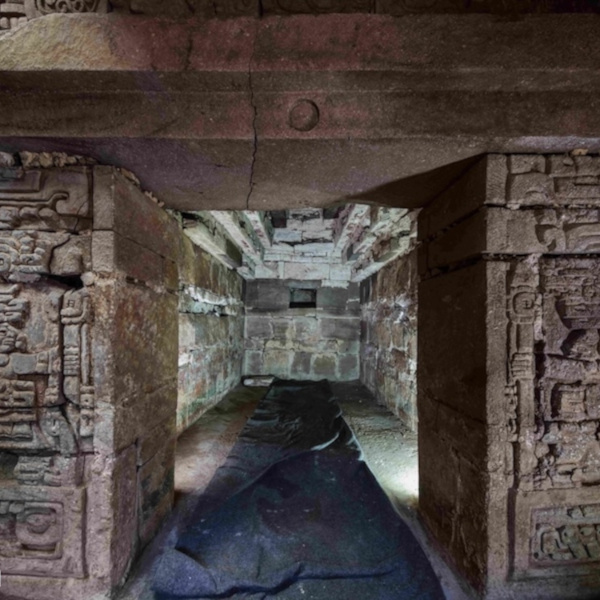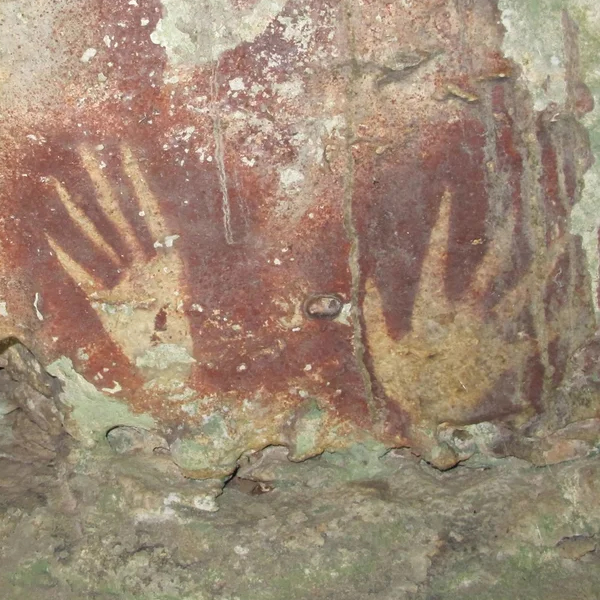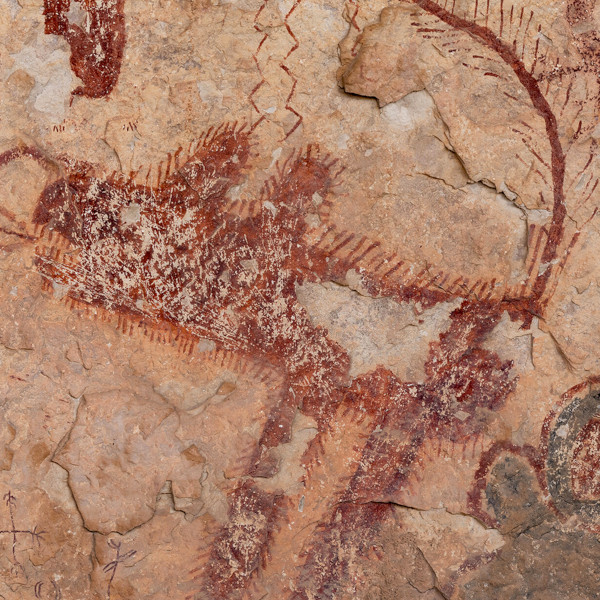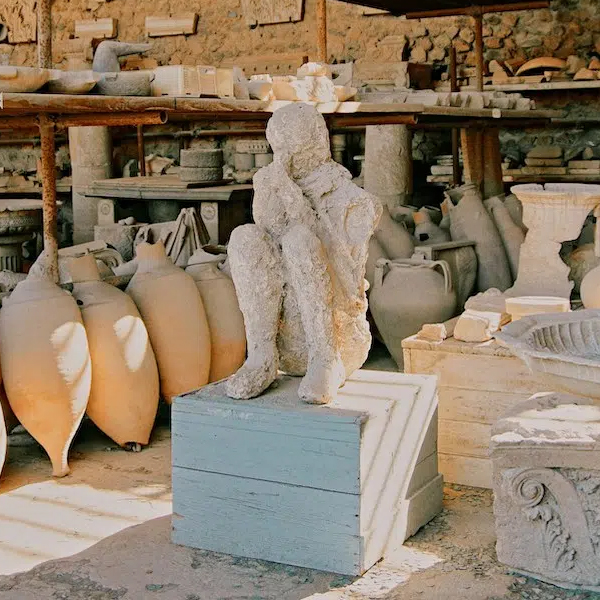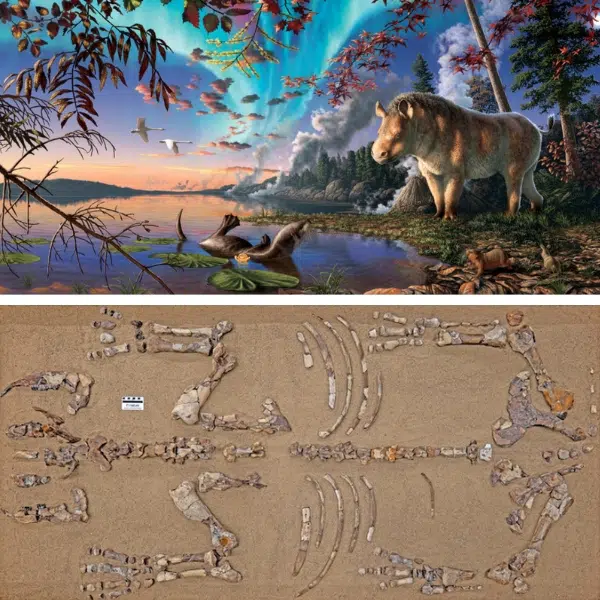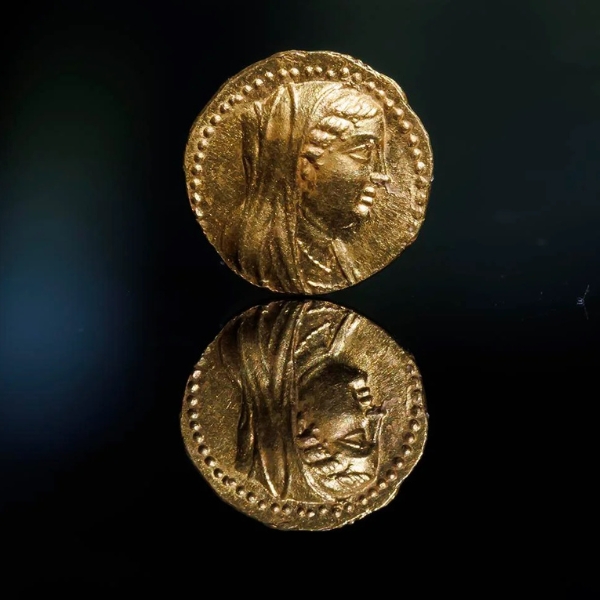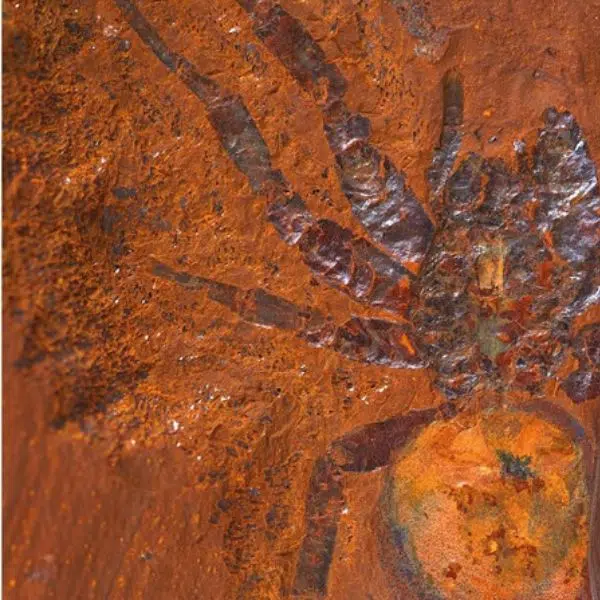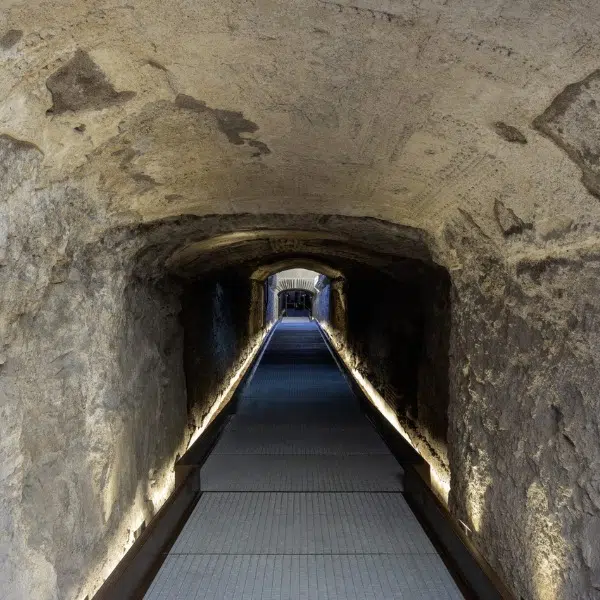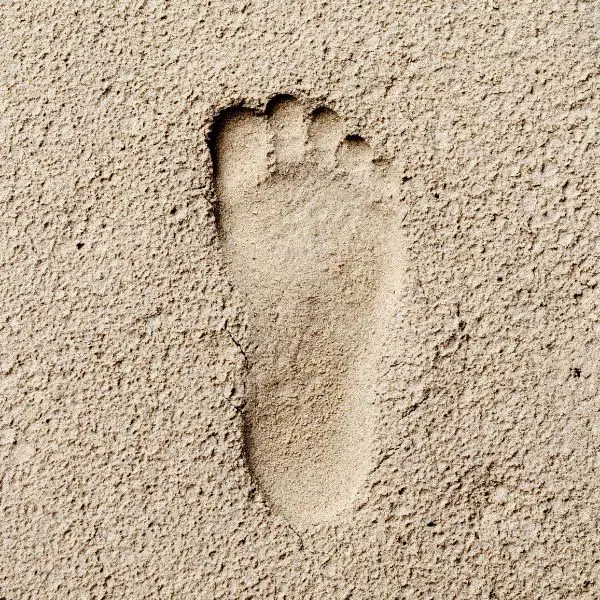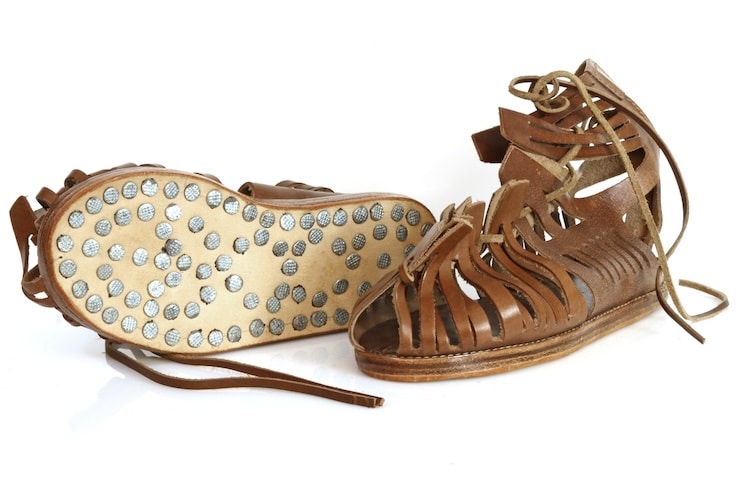
A recreation of the military sandals. (Photo: Bavarian State Office for Monument Preservation (BLfD))
The Roman Empire is renowned for its vast extent, reaching from England's moors to fertile crescent of the Tigris and Euphrates in the Near East. The Roman armies conquered this vast expanse over many years and emperors, with legions of soldiers stepping foot on far reaches of the empire. These conquering armies set up camp to rule the outposts of the empire, bringing Roman military culture and artifacts to locals. Evidence of this cultural dispersion through conquest was recently discovered in Bavaria, Germany. An ancient Roman sandal, largely decayed but reconstructed through X-ray, suggests the spread of military fashion to local populations.
The singular sandal was discovered near the city of Oberstimm, Bavaria, Germany. The site was once home to a military fort full of Roman soldiers and surrounded by civilian encampments. The sandal was found in the latter during excavations. The ancient civilians walked the site between 60 and 130 CE. During this time, the singular sandal found its way into the archeological record. Once discovered in the present day, it was in two pieces. Only the sole with nails and remnants of other material were present.
Archeologists X-rayed the sandal to learn more about it. The X-ray demonstrated the shoe was of the type known as a caliga. These were used by the military. They had tough soles with hobnails which provided traction for the troops. Many leather straps, as demonstrated by the artist's drawing, were tied up to encase and protect the foot. This design would have been more comfortable for marching.
By the end of the first century CE, the Roman army began using boots. However, clearly during their occupation of the fort in Bavaria, the Roman military footwear spread to the local civilian population.
“So-called caligae were mainly worn by Roman soldiers during the Roman Empire,” Amira Adaileh, Bavarian State Office for Monument Preservation (BLfD) said in a statement. “The find makes it clear that the practices, lifestyles, and clothing that the Romans brought with them to Bavaria were adopted by the local people.”
The remains of an ancient Roman army-style sandal in Bavaria, Germany, demonstrates the reach and regional influence of the conquering armies.
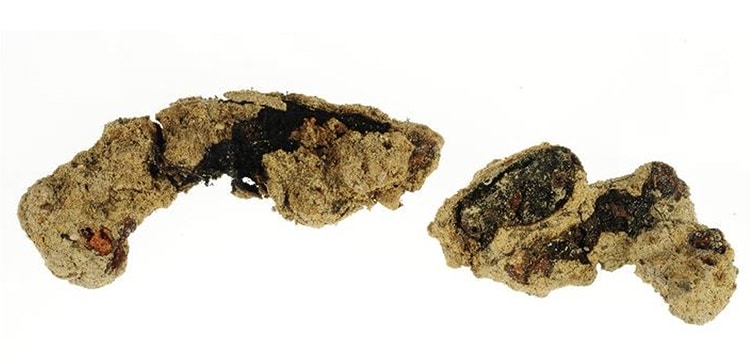
The sandal remains. (Photo: Bavarian State Office for Monument Preservation (BLfD))

An x-ray of the ancient sandals. (Photo: Bavarian State Office for Monument Preservation (BLfD))
h/t: [Live Science]
Related Articles:
Art History: Ancient Practice of Textile Art and How It Continues to Reinvent Itself
Sister Duo Weaves Textured Wall Hangings Inspired by Australian Landscapes
How to Crochet: Learn the Basics of This Time Honored Handicraft
Artist Fills Forest with Life-Size Sculptures Made from Woven Rods of Willow












































































